She is one of Ottawa’s most famous women, born October 20, 1873, in Chatsworth, Ontario. She was a path-breaking pioneer, Nellie Letitia, who made a name for herself as a writer, lecturer, legislator and suffragette, as well as a social reformer.
The story of her life, work and worldview is so fascinating that it is worth sharing. Ottawanka will tell you more about this outstanding woman who forever imprinted and inscribed herself in world history.
Her first steps
If you formally evaluate the education Nellie McClung received, it is only ten years of schooling. However, already at the age of 16, the woman received a certificate of teaching. Her first book was a novel called Sowing Seeds in Danny, 1908. It was a book with humorous notes, which dealt with life in a Western country. People read it eagerly, so later on, it became a bestseller. Its cover depicted a small western town.
Later, at different stages of her life and career, the talented woman wrote short stories and articles published in various magazines.
Assessing Nellie McClung’s writing, she is the author of 16 books, including the most famous, In Times Like These.
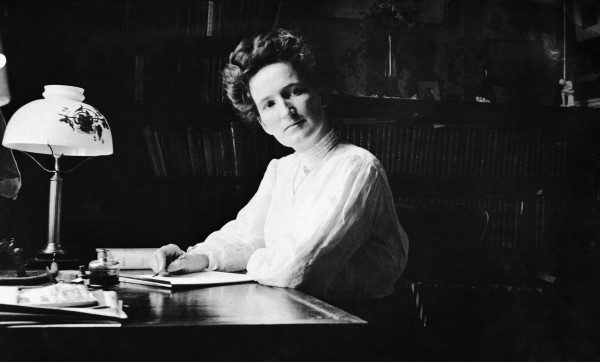
Careers and Hobbies
Her activities in various spheres only served to improve Canadian women’s rights. She combined teaching, writing, and public speaking with activism, social movements, moral reform and her Christian faith.
Nellie McClung herself said,
“Never Apologize. Never retract. Never explain. Get the thing done and let them howl.”
Characterizing her, some have called Nellie McClung a crusader, transforming words into political action. The grounds for such activities were as follows:
- The plight of immigrants
- The hardship of village life
- Harsh conditions in cities and factories
- World War I, the Depression and World War II
- Prohibitions, women’s suffrage.
Besides, the activist worked on issues of restraint, workplace safety, public health nurses’ rights and protections and retirement pensions.
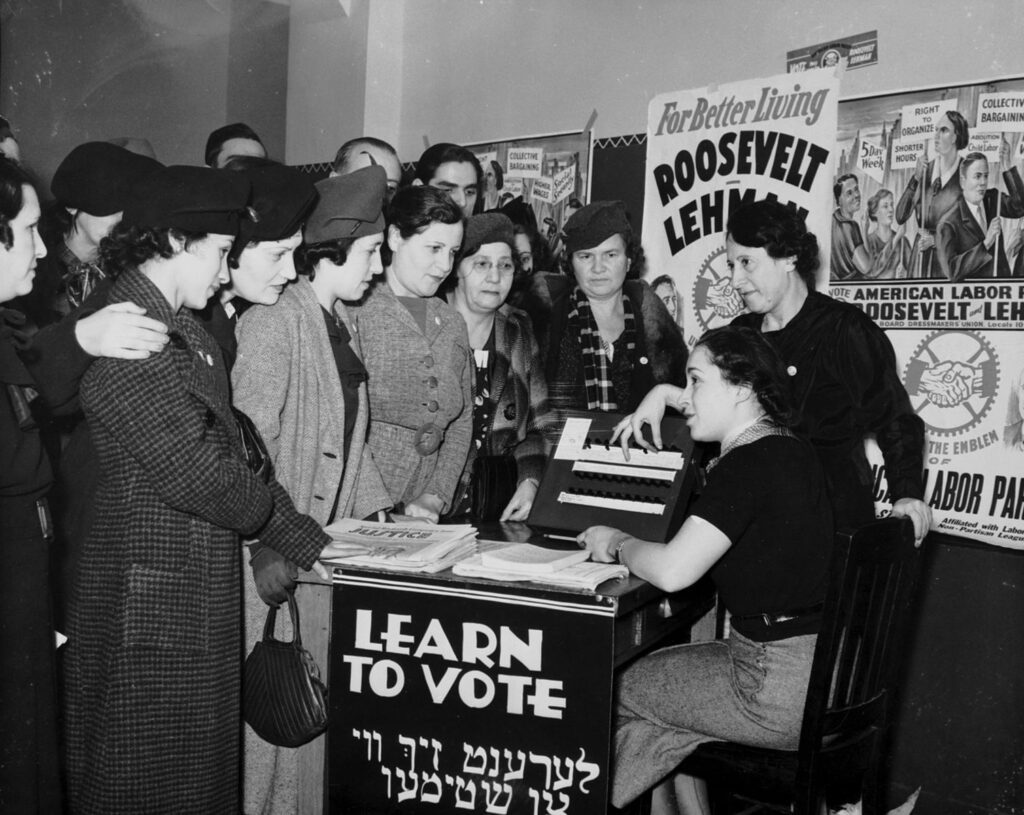
Active stand and activities
After the birth of her child, Nelly started working in the Women’s Christian Temperance Union. The president of the organization was her mother-in-law. Nellie contributed to the founding of many organizations, including Winnipeg’s Political Equality League, the Federated Women’s Institutes of Canada and the Edmonton Institute for Women. Interestingly, her biography includes the position of the first president of the educational institution.
Her active stand contributed to her participation in other organizations, including the Canadian Authors Association and the Calgary Women’s Literary Club. Her activities covered a wide range of issues. She was a leader, especially if it came to suffrage and prohibitions for women.
Then there was public speaking, lecturing and reporting. In the 1914 and 1915 Manitoba general elections, the woman rose to fame as a prominent Liberal Party speaker. All these efforts were not in vain, as in 1916 in Manitoba, women gained the right to run for public office and were granted the right to vote.
Nellie Letitia McClung moved to Edmonton and continued her campaign for suffrage in Alberta.
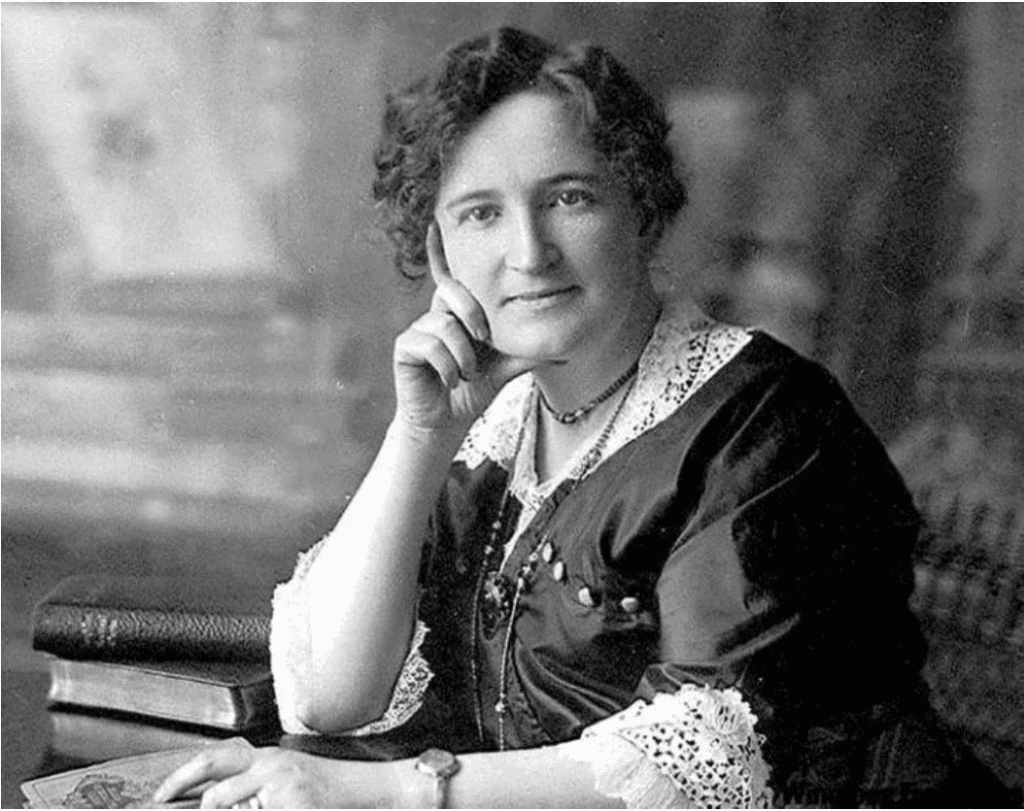
Nellie McClung’s Influences
She knew how to defeat her opponents with wit and humor. At first glance, she was a charming woman, but behind her looks was an iron determination. She was the first woman director of the CBC Board of Governors.
Readers will also be surprised by the fact that this woman was elected in 1938 as a delegate to the League of Nations in Geneva.
The Famous Five
These women went down in world history forever. They are Nellie McClung, Emily Murphy, Irene Parlby, Henrietta Muir Edwards and Louise McKinney. What do these women have in common? They were brought together by history and a shared idealism. Each of these individuals was a leader in her own right. Back in their day, they made sure that Canadian and British law recognized women as empowered individuals. They worked for the rights and welfare of women and children against prejudice. The Famous Five has changed the world for women in Canada and throughout the Commonwealth.
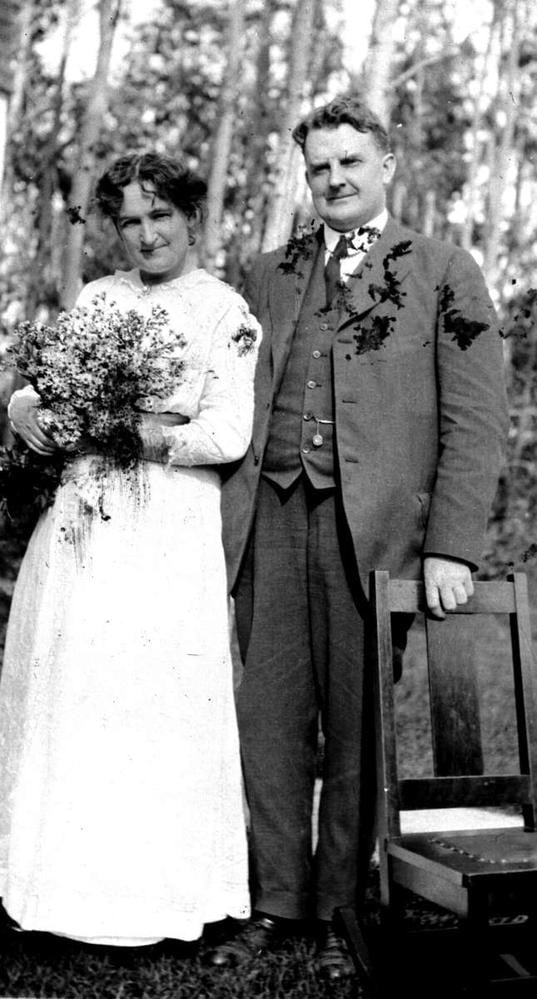
Personal Life
Her husband was Robert Wesley McClung, a pharmacist, whom she married as a 23-year-old. Their family had five children, Florence, Paul, Horace, John and Mark. In 1911 the family and four children moved to Winnipeg, where their fifth child was born.
Children
Nellie and Robert’s first son was John “Jack” Wesley (1897 – 1944). His career featured the rank of Lieutenant in the Princess Patricia Canadian Light Infantry (World War I). The man served as a prosecutor of the Alberta Department of Justice.
Two years after the birth of the firstborn, a daughter, Florence Leticia McClung (1899-1990), was born. The following year, 1900, a son, Atkinson Paul Harper McClung (1900 – 1961), was born.
After another six years, Horace Barry McClung (1906-1974) was born. In 1911, Mark McClung (1911-1944), who at one time served as secretary of state for the Canadian government, followed.
Interestingly, Nellie almost always had hired laborers working in the house. They were mainly young immigrant Finnish or Ukrainian women. In her letters and autobiographical volumes, she referred to everyone as friends.
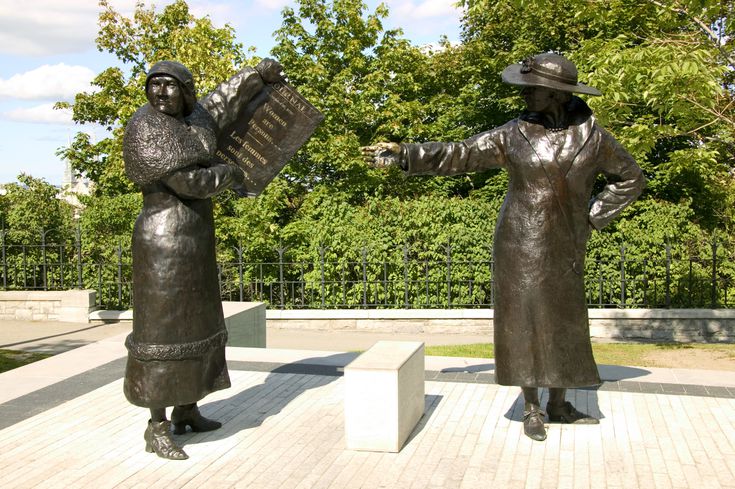
The complex figure and attitude of Nellie McClung
Nellie McClung died on September 1, 1951, in Victoria, British Columbia (Canada). Among her awards, she was one of the first Honorary senators of Canada.
For today’s generation, especially feminists, McClung is a complex figure and personality. On the one hand, she promoted and enshrined women’s rights in law. But her strong attachment to the traditional family structure and eugenics adds to the ambiguity.
